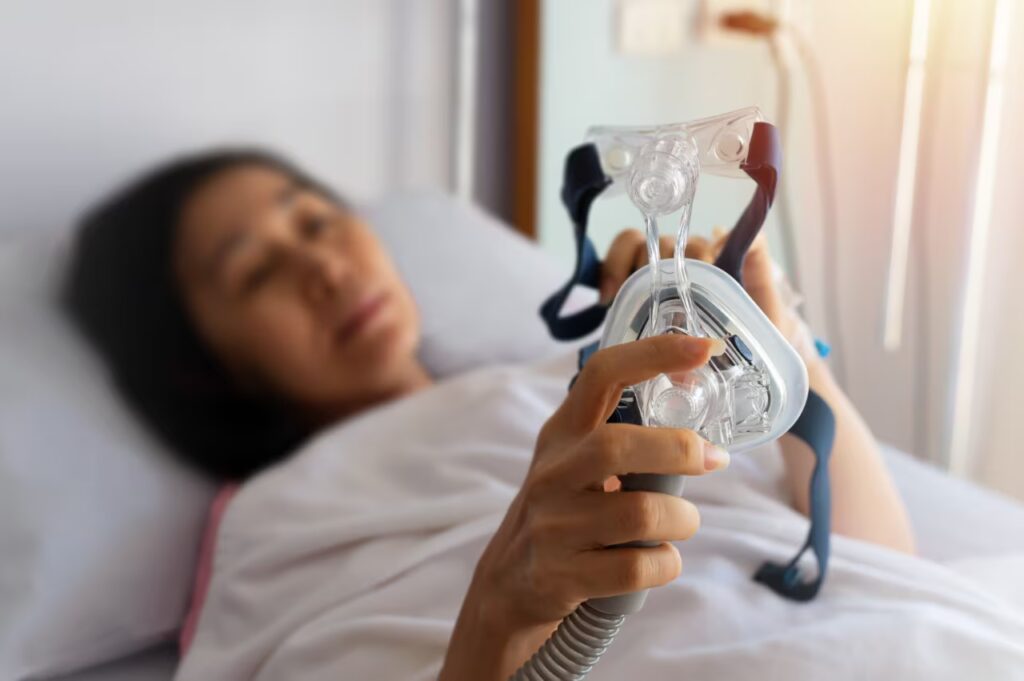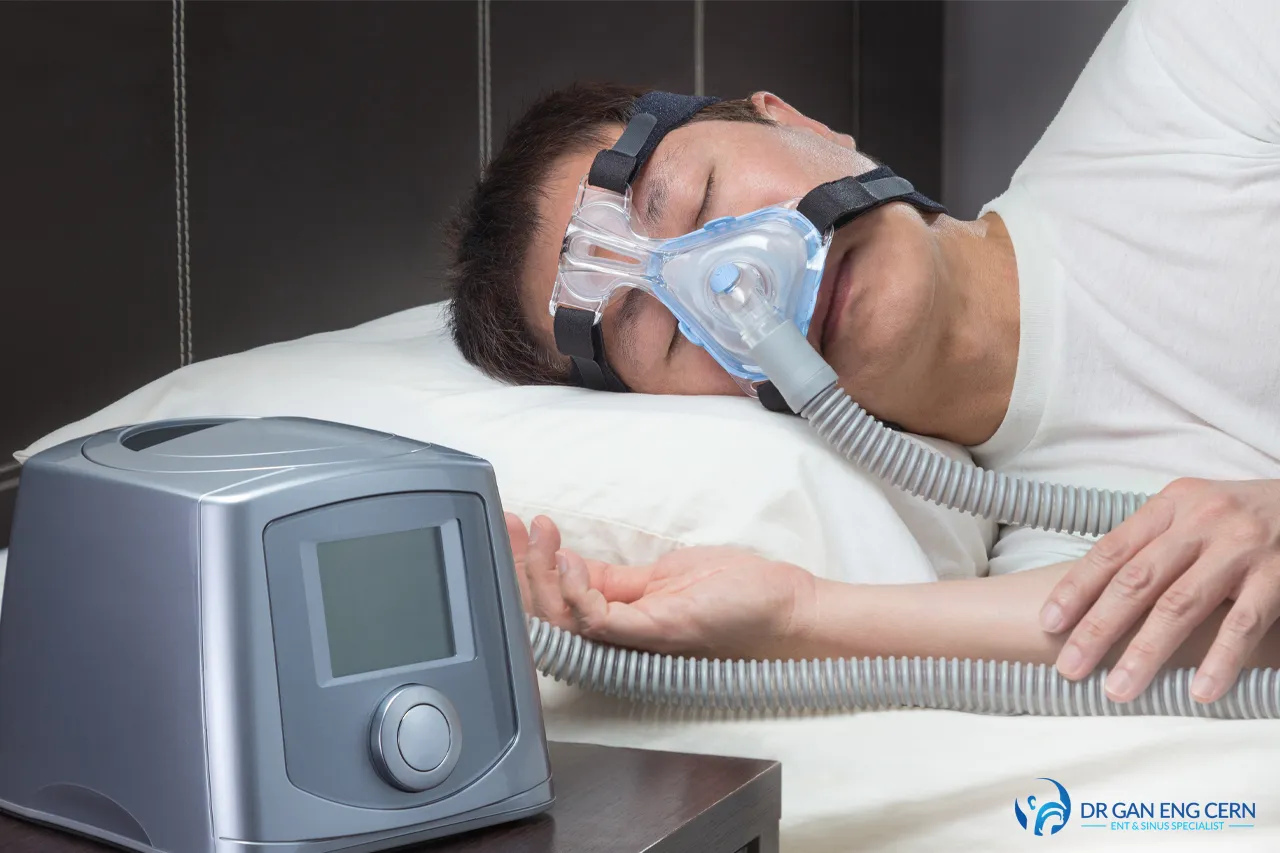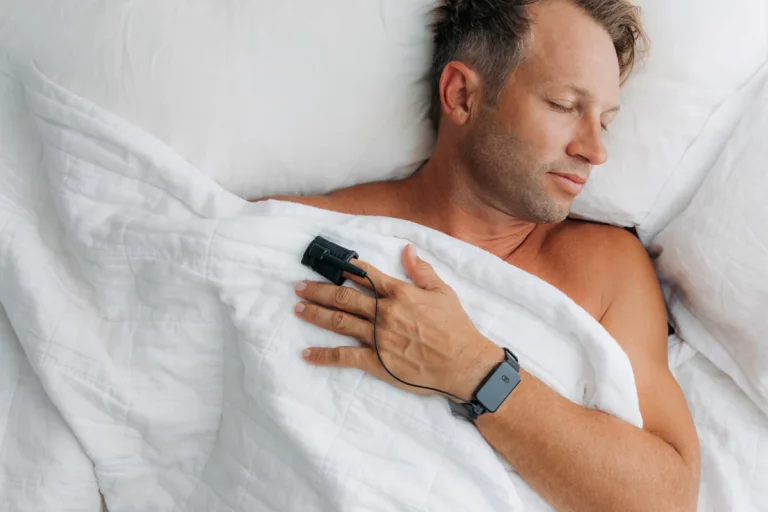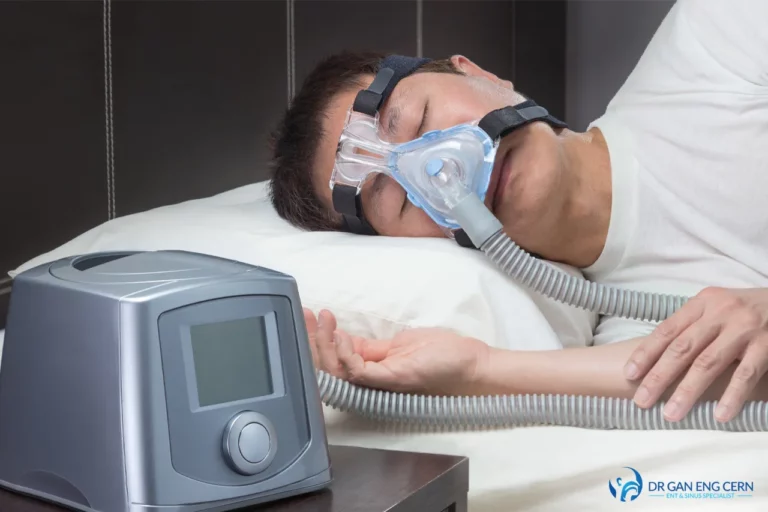Finding a Reliable Sleep Apnea Test in Sydney
Sleep apnea is a serious sleep disorder that affects millions of people worldwide, including a significant number of Australians. Characterised by repeated interruptions in breathing during sleep, it can lead to a host of health issues if left untreated. In Sydney, the demand for reliable sleep apnea testing has surged as awareness of the condition grows. This article aims to guide you through the process of finding a trustworthy sleep apnea test in Sydney, ensuring you receive the best possible care.
Understanding Sleep Apnea
Before delving into the specifics of testing, it is essential to understand what sleep apnea is and its potential implications. The condition can manifest in various forms, with obstructive sleep apnea (OSA) being the most common. OSA occurs when the throat muscles intermittently relax and block the airway during sleep, leading to disrupted sleep patterns and decreased oxygen levels in the blood.
Finding a reliable sleep apnea test Sydney is a vital step towards improving health and quality of life. With a growing awareness of the condition, numerous testing options and providers are available to cater to individual needs. By understanding the types of sleep apnea, the testing process, and how to choose a reputable provider, individuals can take control of their sleep health.

Symptoms of sleep apnea can include loud snoring, gasping or choking during sleep, excessive daytime sleepiness, and difficulty concentrating. These symptoms can significantly impact one’s quality of life and may lead to more severe health complications, such as cardiovascular issues, diabetes, and mental health disorders.
Types of Sleep Apnea
There are three primary types of sleep apnea: obstructive, central, and complex. Understanding these types can help individuals identify their symptoms more accurately and seek appropriate testing.
- Obstructive Sleep Apnea (OSA): The most prevalent type, OSA is caused by a blockage of the airway, often due to the relaxation of throat muscles.
- Central Sleep Apnea (CSA): This type occurs when the brain fails to send proper signals to the muscles that control breathing. It is less common than OSA.
- Complex Sleep Apnea Syndrome: A combination of OSA and CSA, this form can present unique challenges in diagnosis and treatment.
The Importance of Testing
Testing for sleep apnea is crucial for accurate diagnosis and effective treatment. Many individuals may overlook their symptoms or dismiss them as mere fatigue, but proper testing can reveal underlying issues that require attention. In Sydney, there are various options available for sleep apnea testing, ranging from home-based tests to comprehensive sleep studies conducted in specialised clinics.
Home Sleep Apnea Testing
Home sleep apnea tests (HSAT) have gained popularity due to their convenience and accessibility. These tests typically involve the use of portable monitoring devices that patients can use in the comfort of their own homes. They measure key parameters such as breathing patterns, oxygen levels, and heart rate during sleep.
While HSAT can be effective for diagnosing moderate to severe obstructive sleep apnea, they may not be suitable for everyone. Individuals with specific health conditions or those who exhibit complex symptoms may require a more comprehensive evaluation in a clinical setting. Learn more about evaluation on https://pmc.ncbi.nlm.nih.gov/articles/PMC4576315/
Polysomnography
Polysomnography is a more extensive sleep study conducted in a sleep clinic. This method involves monitoring multiple physiological parameters, including brain activity, eye movements, muscle activity, heart rate, and respiratory patterns. It provides a detailed overview of sleep architecture and can help identify various sleep disorders, including sleep apnea.
Although polysomnography is more invasive than home testing, it offers a higher level of accuracy and can provide valuable insights into an individual’s sleep patterns. For those experiencing severe symptoms or who are at risk for other sleep disorders, this option may be the most appropriate.
Choosing a Reliable Sleep Apnea Test Provider
Finding a reliable provider for sleep apnea testing in Sydney is essential for receiving accurate results and appropriate treatment. Here are some key factors to consider when selecting a testing facility:

Accreditation and Qualifications
When searching for a sleep apnea test provider, it is vital to ensure that the facility is accredited by relevant health authorities. Accreditation indicates that the facility meets specific standards of care and adheres to best practices in sleep medicine. Additionally, check the qualifications of the medical professionals involved in the testing process. Look for specialists with experience in sleep medicine, such as pulmonologists or sleep technologists.
Reputation and Reviews
Researching the reputation of a testing facility can provide valuable insights into the quality of care offered. Online reviews and testimonials from previous patients can help gauge the level of service and patient satisfaction. Consider reaching out to friends or family members for recommendations, as personal experiences can often lead to reliable referrals.
Range of Services Offered
Different facilities may offer varying levels of service, from initial consultations to ongoing treatment options. It is beneficial to choose a provider that offers a comprehensive approach to sleep apnea management, including follow-up consultations and access to treatment options such as continuous positive airway pressure (CPAP) therapy or lifestyle modification programs. To find more about modification click here.
What to Expect During the Testing Process
Understanding what to expect during the sleep apnea testing process can alleviate any anxiety associated with it. Whether opting for a home sleep test or a polysomnography, being prepared can enhance the experience.
Home Sleep Test Procedure
If you choose a home sleep test, the provider will typically supply you with a monitoring device and detailed instructions on how to use it. The device may include sensors that measure your breathing, heart rate, and oxygen levels. You will wear the device while you sleep, and it will record data throughout the night.
After the testing period, you will return the device to the provider, who will analyse the data and provide you with a report detailing the findings. This report will help determine whether you have sleep apnea and the severity of the condition.
Polysomnography Procedure
For those undergoing polysomnography, the process begins with a consultation where the sleep specialist will discuss your symptoms and medical history. On the night of the study, you will arrive at the sleep clinic, where you will be connected to various monitoring devices. These devices will track your brain waves, heart rate, breathing, and other physiological parameters throughout the night.
The entire process is designed to be as comfortable as possible, with private rooms and trained staff to assist you. After the study, the data will be analysed, and a report will be generated to inform your diagnosis and treatment plan.
Understanding Your Results
Once the testing is complete, understanding the results is crucial for effective management of sleep apnea. The report will typically include information on the frequency and duration of apneas, oxygen saturation levels, and overall sleep quality.
Interpreting the Findings
A sleep specialist will review the results with you and explain what they mean in the context of your symptoms. If diagnosed with sleep apnea, the severity of the condition will be classified as mild, moderate, or severe, which will influence the recommended treatment options.
It is essential to ask questions and seek clarification on any aspects of the results that may be unclear. Understanding your condition is the first step towards effective management and improved quality of life.
Next Steps and Treatment Options
Depending on the severity of the sleep apnea, treatment options may vary. Common approaches include lifestyle changes, such as weight loss and exercise, the use of CPAP machines, or dental devices designed to keep the airway open during sleep. In some cases, surgical options may be considered.
Follow-up consultations with your sleep specialist will be crucial in monitoring your progress and adjusting treatment plans as necessary. Regular check-ins can help ensure that you are receiving the most effective care for your condition.
Conclusion
Don’t hesitate to seek help if you suspect you may have sleep apnea. Early diagnosis and intervention can lead to a better quality of life and a healthier future. Remember, sleep is not just a luxury; it is a fundamental component of overall health and well-being.
Other resources: How to Arrange a Home Sleep Study in Sydney



